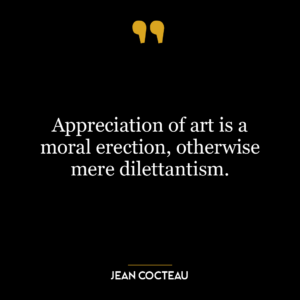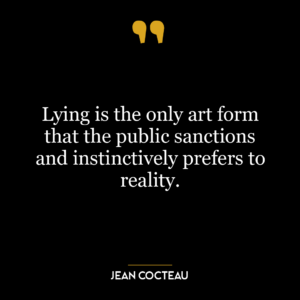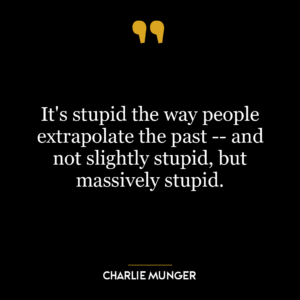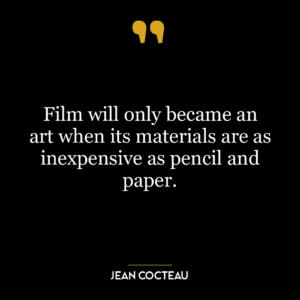This quote essentially emphasizes the importance of financial prudence and discernment in spending, implying that the mere ability to purchase something doesn’t necessarily justify the act of buying it. It suggests that one’s purchasing decisions shouldn’t be solely determined by one’s financial capacity, but should also take into account other factors like the value, necessity, and long-term benefits of the item.
In a society driven by consumerism, this quote is a reminder that wealth isn’t just about the accumulation of material possessions, but more importantly, about wise financial management. It encourages people to resist the temptation of impulsive buying and to prioritize needs over wants.
Applying this idea in today’s world, particularly in the era of online shopping where purchasing items is just a click away, it’s easy to get carried away and spend on things we don’t really need. This quote serves as a reminder to exercise restraint and to make mindful purchasing decisions.
In terms of personal development, this quote can be seen as a call to cultivate financial literacy and responsibility. It encourages us to be more thoughtful and intentional with our spending habits, to live within our means, and to save and invest for the future. It also underscores the importance of distinguishing between what we want and what we need, which is a key aspect of self-discipline and maturity.
Moreover, this quote can be interpreted beyond the context of financial matters. It can be a metaphor for life choices in general – just because we can do something doesn’t mean we should. It reminds us to consider the consequences of our actions and to make decisions that align with our values and long-term goals.














